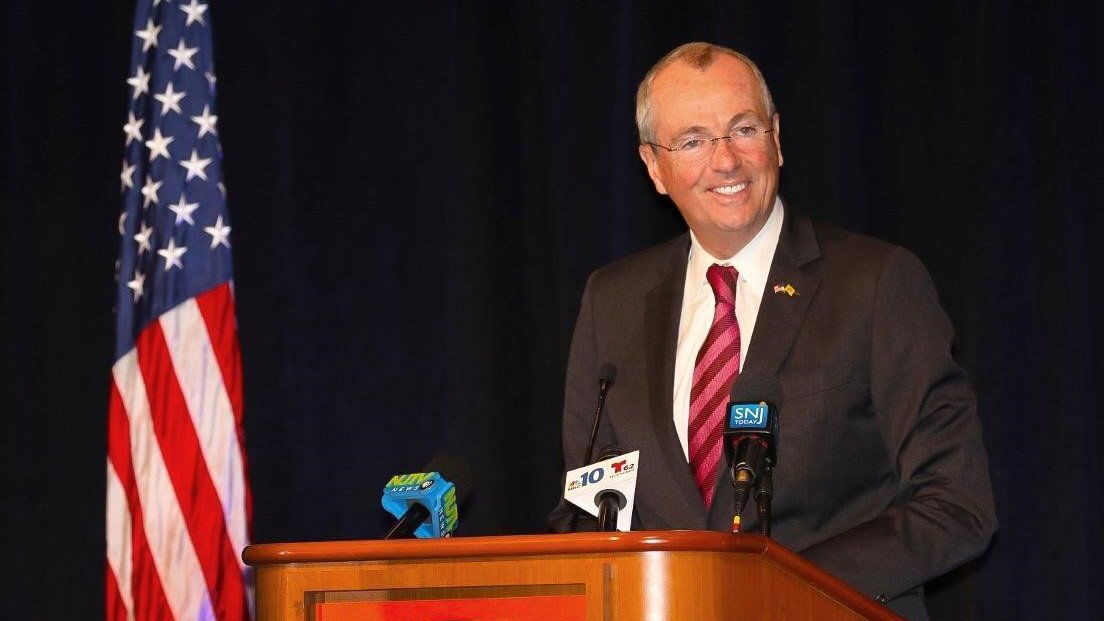EUROMAT submits objection to European Commission over Croatia’s unnotified gambling law reforms

The European Gambling and Amusement Federation (EUROMAT) has formally objected to Croatia’s latest amendments to its Gambling Act, citing the government’s failure to notify the European Commission through the proper procedural channel.
The objection, submitted on 1 April, challenges Croatia’s decision to bypass the Technical Regulation Information System (TRIS) process, a requirement under Directive (EU) 2015/1535 for laws that may restrict access to services or the internal market.
The proposed legislative changes in Croatia include sweeping responsible gambling provisions such as mandatory player registration for venue entry, the introduction of a national self-exclusion register, tighter advertising rules, restrictions on gambling venue locations and operating days, and increased licensing and taxation measures.
According to EUROMAT, these amendments qualify as technical regulations and should therefore have been communicated to the Commission under EU law.
“If the Commission is serious about strengthening the Internal Market, then it has to ensure that Member States respect the law,” said EUROMAT President Jason Frost in a statement. “The Commission intervened in 2014 and as a result Croatia had to withdraw its gambling law, which underlines how important the notification procedure is.”
Frost highlighted the need for consistency and accountability among EU Member States, warning that failure to notify the Commission not only undermines legal certainty for businesses but also risks encouraging similar non-compliance in future regulatory developments. “The Commission needs to intervene again, but this time to ensure that Croatia actually notifies,” he added.
The federation noted that Croatia previously notified gambling-related legislation in both 2014 and 2023, underlining that the current omission represents a departure from established practice. Croatia’s 2014 notification resulted in the withdrawal of a gambling bill after European Commission scrutiny. More than 500 similar notifications exist in the TRIS database from other Member States.
Filip Jelavic, General Secretary of the Croatian Gaming Association, echoed EUROMAT’s concerns, stating: “It is inconceivable that any European Member State could be allowed to introduce such far-reaching and disruptive legal changes without following the correct procedure. We are calling on the Croatian Government to act responsibly in this case and follow the law.”
The Croatian reforms have drawn sharp criticism from both domestic and international stakeholders. A local lobbying group recently warned that if implemented without revision, the law could result in the closure of 70% of the country's gaming venues, citing the operational strain that new compliance requirements would place on the industry.
EUROMAT’s complaint comes just weeks after the Court of Justice of the European Union invalidated a similar gambling inducement law in Lithuania on procedural grounds. Should the Commission find that Croatia’s actions constitute a breach of EU law, the new gambling regulations could be suspended, and infringement proceedings may be initiated.


















































